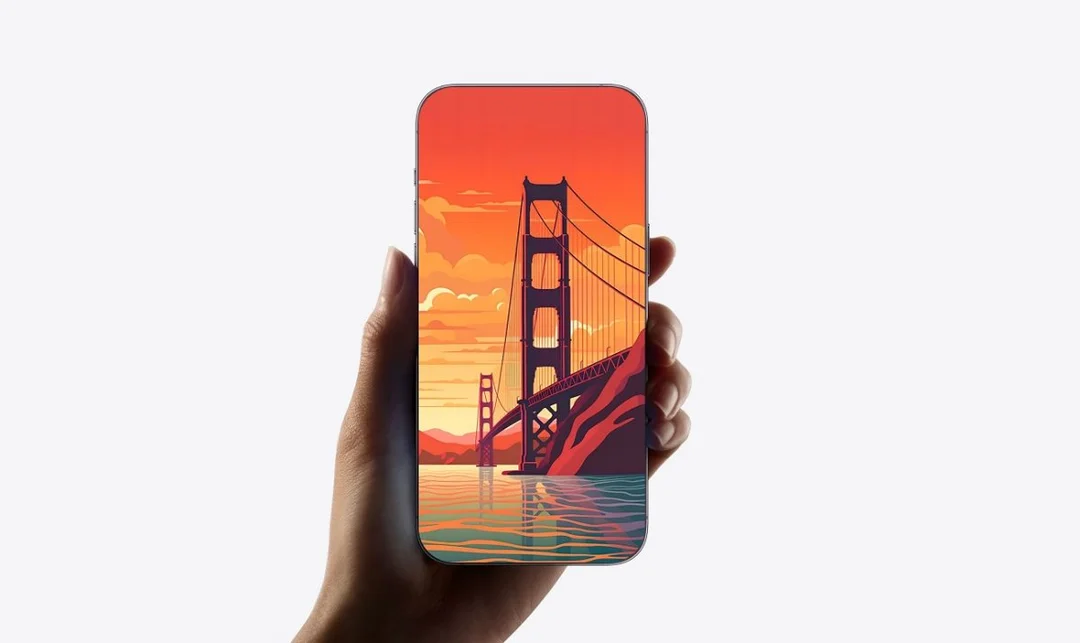
Tech Titans Admit: Is the Smartphone Era Ending? Apple Exec Says You Might Not Need an iPhone in 10 Years
The tech landscape is shifting, and even the giants of Silicon Valley are starting to acknowledge it. From declining Facebook friend requests to potentially obsolete iPhones, the cornerstones of the modern internet are facing unprecedented challenges. But what's driving this change, and what does it mean for the future of technology?
Recent antitrust trials against Meta and Google have revealed some surprising admissions. Executives have conceded that the products their companies were built upon might not hold the same relevance in the future. The relentless march of innovation, coupled with the rise of artificial intelligence (AI) and new social media platforms, is forcing these tech giants to confront the possibility of being left behind.

Eddy Cue, Apple's senior vice president of services, made a bold statement during the Google trial, suggesting that “You may not need an iPhone 10 years from now.” This remark underscores the potential for AI to fundamentally reshape the tech industry. He mentioned other companies that once seemed unassailable but are now either gone or significantly smaller.
The decline in Google search queries on Apple devices is another telling sign. As consumers increasingly turn to AI chatbots for information, the traditional search engine may lose some of its dominance. Market research firm Gartner predicts a 25% drop in search engine volume by 2026 due to the rise of AI tools.
Mark Zuckerberg, CEO of Meta, also acknowledged a shift in user behavior on Facebook. He noted that people are sharing less content with friends and adding fewer new friends on the platform. Instead, direct messaging is on the rise, indicating a change in how people use social media.

So, what's next? Tech giants are betting on devices like smart glasses powered by AI. These glasses could analyze the world around you and execute tasks without the need for a smartphone. Meta, Samsung, and Google are already investing in this technology. Apple's $3,500 Vision Pro, while niche, could be a precursor to the smart glasses of the future.
The era of the smartphone might not be over just yet, but it’s clear that the tech landscape is evolving rapidly. Consumers continue to scroll through Instagram and use Google Search on their iPhones, but the fight for relevance is on. These companies must adapt to stay ahead.
Are we witnessing the beginning of the end for the smartphone as we know it? What role will AI play in shaping the future of technology? Share your thoughts and predictions in the comments below!